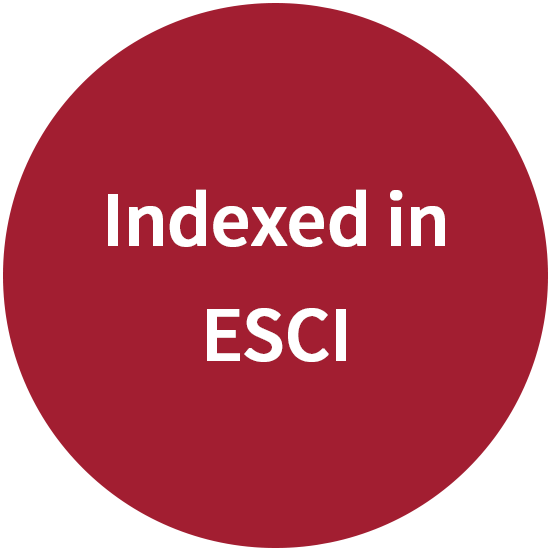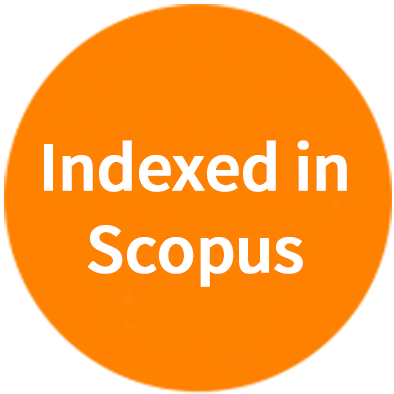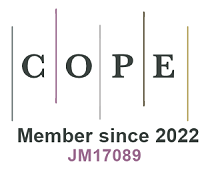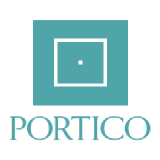Interview with Prof. Juergen Reichardt: International Collaboration, Ethics, and Precision Medicine in Rare Disease Research
On September 17, 2025, Rare Disease and Orphan Drugs Journal (RDODJ) interviewed Prof. Juergen Reichardt, Adjunct Professor at James Cook University. Prof. Reichardt shared his thoughts on the role of international collaboration and cross-border data sharing in advancing rare disease research, the ethical considerations when studying diverse populations, and the opportunities and challenges of precision medicine. He also discussed fairness in academic publishing for volunteer reviewers and editors and offered advice for young researchers on translating genomic discoveries into clinical practice.
About the Interviewee
Prof. Juergen Reichardt is Adjunct Professor at the Australian Institute of Tropical Health and Medicine, James Cook University, Australia. He previously served as Vice Chancellor for Research and Innovation at Yachay Tech University in Ecuador and held senior leadership roles at James Cook University, including Head of the School of Pharmacy & Molecular Sciences and Associate Dean of Research. His research in molecular biology, human genetics, and molecular epidemiology has advanced understanding of the genetic and environmental factors underlying both rare and common diseases. He has authored close to 200 peer-reviewed publications and continues to serve on editorial and scientific advisory boards internationally, including as an Editorial Board Member of RDODJ.
Interview Questions:
1. You have played a leading role in several international collaborative organizations, such as ERCAL, IRDiRC, and HVP. In your view, what are the key contributions of cross-border data sharing and international collaboration to the advancement of rare disease research?
2. When studying the genomes of diverse populations—especially Indigenous or minority groups—researchers often face ethical and cultural challenges. How do you balance the advancement of science with respect for these communities?
3. You have long advocated for precision medicine and the clinical application of genomic research. What do you see as the greatest current challenges and the most important opportunities for precision medicine in the diagnosis and management of rare diseases?
4. In your article "J'Accuse... Or The Plight of pro-bono Volunteer Scientists in Academic Publishing," you noted that publishers heavily rely on the unpaid labor of researchers, yet often fail to provide them with adequate respect and support. What concrete steps should the academic publishing industry take to build a fairer and more sustainable system for volunteer reviewers and editorial board members?
5. Finally, for young scientists and clinical researchers entering the fields of rare diseases or molecular genetics, what advice would you give—particularly on translating basic research findings into clinical practice?
Editor: Monica
Language Editor: Emma Chen
Production Editor: Ting Xu
Respectfully submitted by the Editorial Office of Rare Disease and Orphan Drugs Journal








